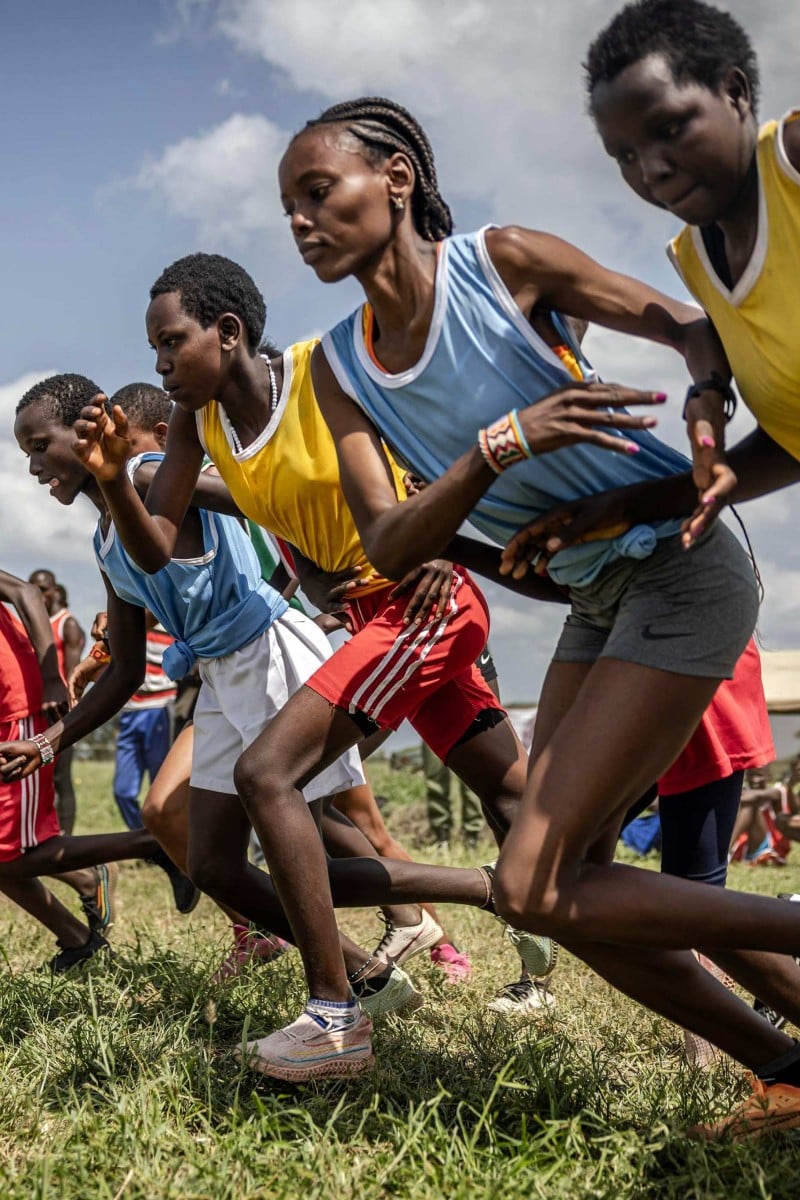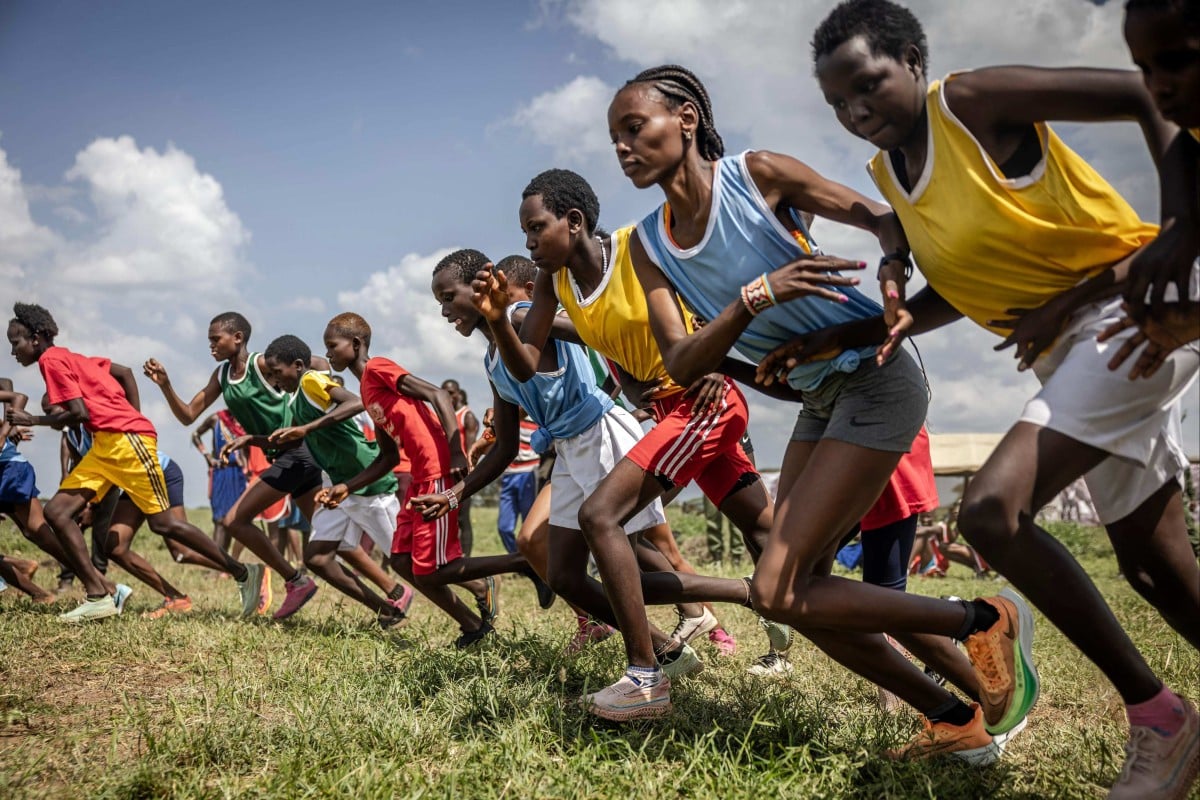
Maasai Olympics: Giving indigenous Kenyan women opportunities through sports
The Maasai people, a River Nile-related ethnic group settled in Kenya and northern Tanzania, are giving women a chance to shine in this sports event.
 Athletes compete in the women’s 1500m race during the Maasai Olympics 2024 in Kimana, Kenya. Photo: AFP
Athletes compete in the women’s 1500m race during the Maasai Olympics 2024 in Kimana, Kenya. Photo: AFPA young Maasai woman sprints over the finish line, and a crowd erupts in cheers. She is the latest participant in the “Maasai Olympics”, reimagining a traditional coming-of-age rite.
Hundreds gathered in the Kimana reserve some 200 kilometres (120 miles) from Nairobi, Kenya’s capital, to watch 160 athletes – including 40 young women – compete in the games.
The young people were taking part in a reinterpretation of the “Olamayio” rites undertaken by young Maasai men to prove their skills, identify their leaders and attract romantic partners.
But the traditional killing of a lion – and exclusion of girls – has been replaced with sporting skill and increased visibility for women.
“Events like these are enjoyable because the girls will notice their talent,” said Valentine Naisimoi, still panting after competing in the 100-metre race.
Naisimoi explained that many women from her community are expected to fit traditional roles: “They’re just there to be married.”
Afghan women devastated by new Taliban ban on medical training
But the 19-year-old, whose ambition is to be like famed Kenyan athlete Mary Moraa, said the races gave women like her a moment to shine – and hope for more opportunity.
“They’re going to work hard for it and to help them in the future.”
The games saw participants sprint or run over grass for distances ranging from 100 to 5,000 metres.
The competitions are sometimes a twist on local customs: in one, athletes must throw wooden clubs – known as “rungus”, used to ward off hyenas – into a small basket for points.
And while women only compete in the 100 and 1,500-metre, plans are brewing to expand the field, said Maasai coordinator Samuel Kaanki.
“We need girls to also participate in this,” he stressed, explaining how the traditional male-focused ceremony had been adapted as the community changed.
“When I attend education meetings, many women ask me why ladies are not participating in this programme,” he said.
What the world googled in 2024, from online trends to global elections
The event was created in 2012 by community leaders and conservation group Big Life Foundation. The intention was to help preserve the region’s lions, which had plummeted from about 30,000 in the 1970s to just over 2,000.
The events have helped, according to the Big Life Foundation. More than 250 lions roam the Amboseli ecosystem today, an increase from barely 20 in the early 2000s.
Runner Stephen Masindet, 21, said the competition was significant because it was changing attitudes.
“When the women see others running, they want to come to train and become champions.”